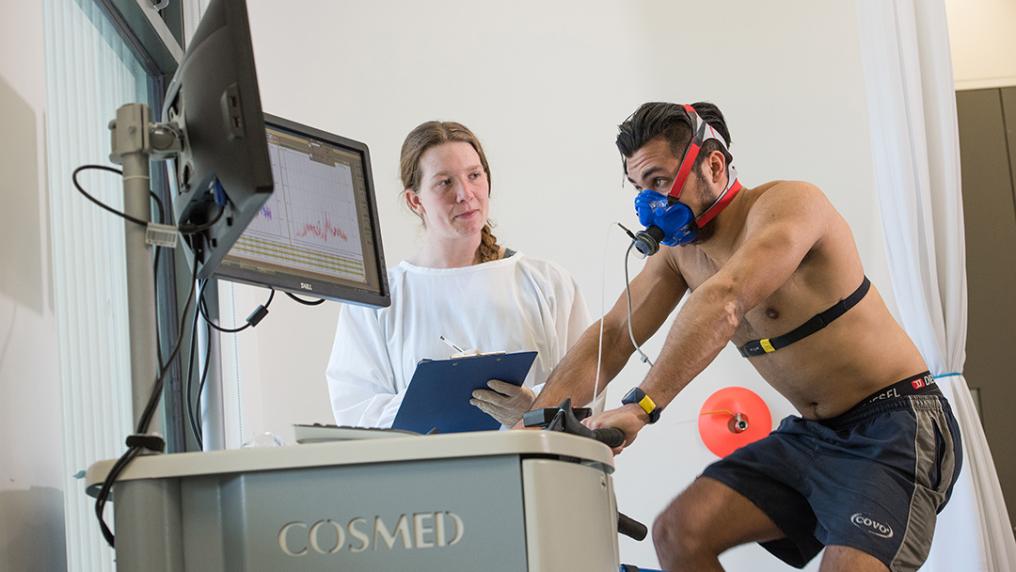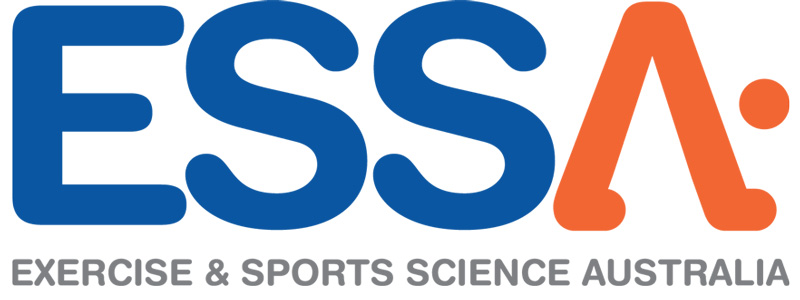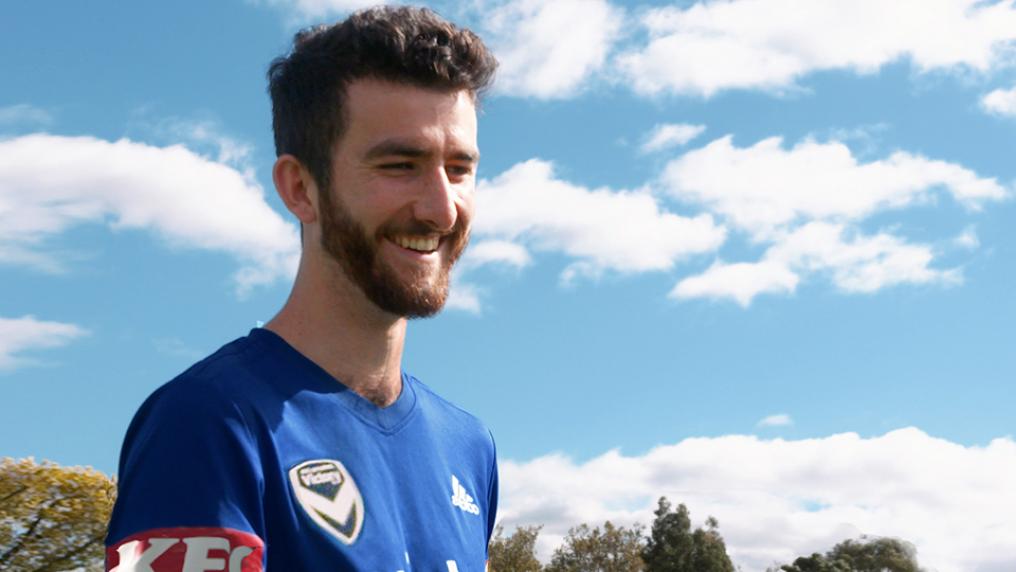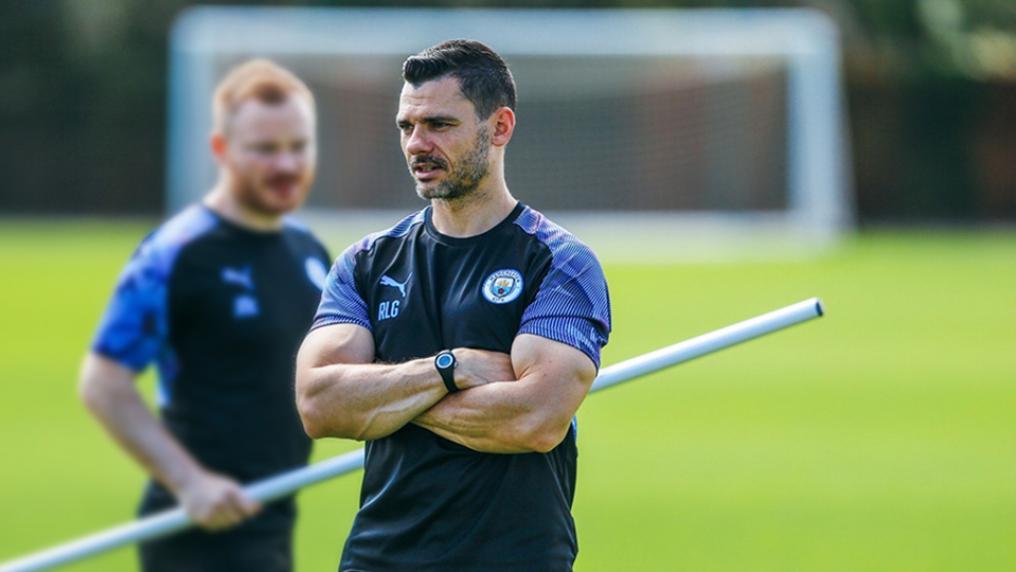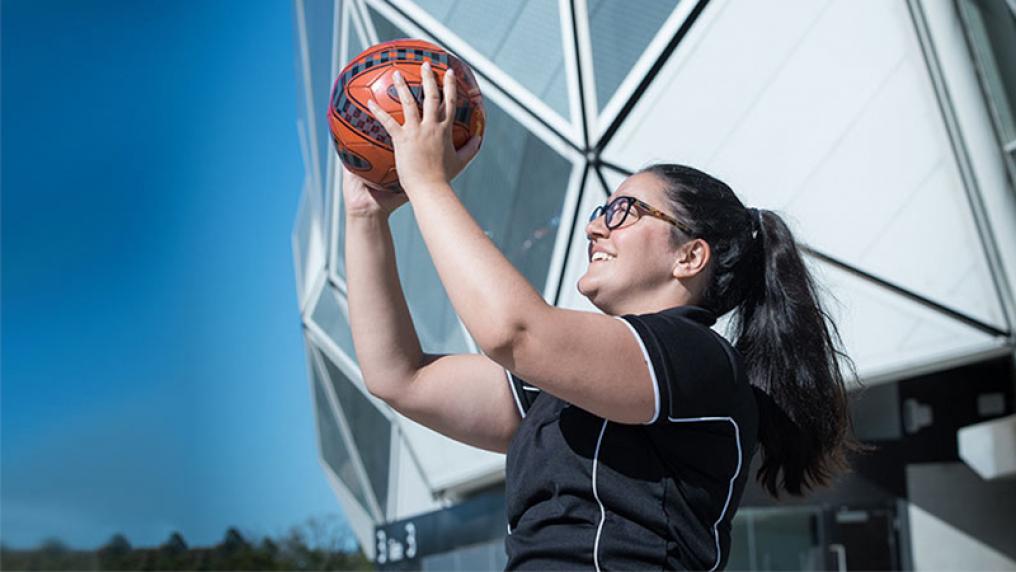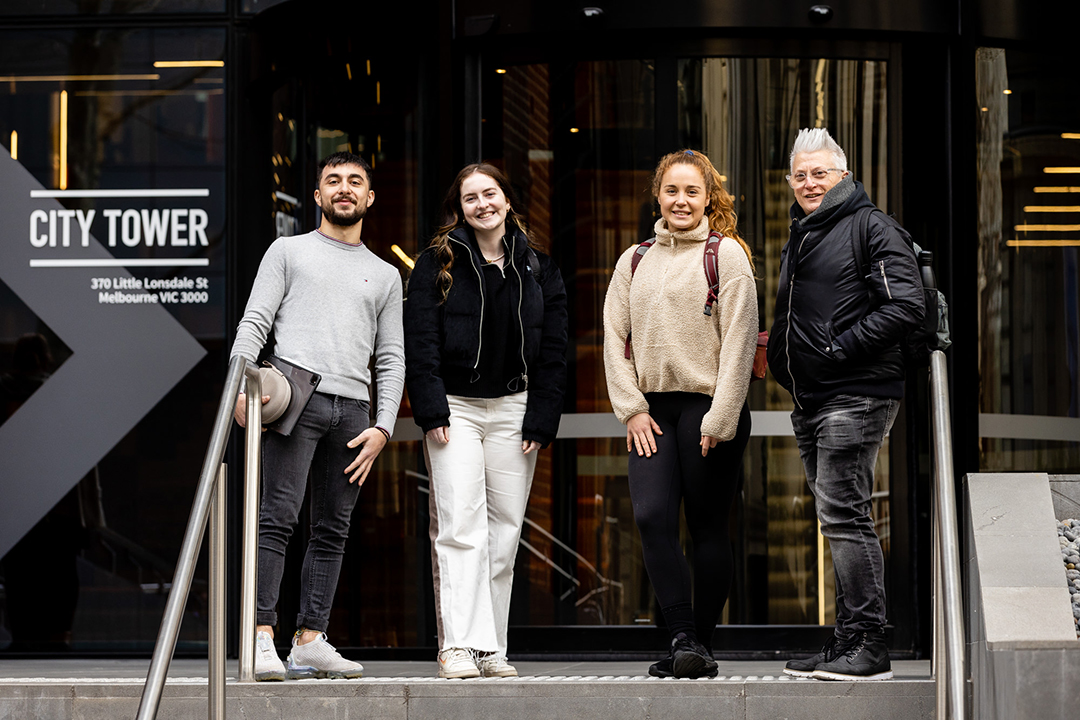To be considered for postgraduate study, you will need to have specific academic qualifications, as outlined below. We also consider non-academic research and work experience for our research candidates.
Admission criteria
Completion of an Australian Bachelor degree (or equivalent) in a similar discipline OR Completion of an Australian Graduate Certificate (or equivalent) in a similar discipline PLUS IELTS (or equivalent): Overall score of 7 (with no band less than 7.0 in Listening, Reading, Writing and Speaking)
Additional information
To check whether your prior study would meet current ESSA Exercise Science standards, please consult the ESSA website (https://www.essa.org.au/Public/APPLY_NOW/Accreditation/Exercise_Science_Accreditation.aspx). Complete a Graduate Entry Assessment (GEA) (https://www.essa.org.au/Public/APPLY_NOW/Graduate_Entry_Assessment.aspx) and include the information that you receive back from ESSA in your application for AMEP Master of Clinical Exercise Science and Rehabilitation. Typically, a GEA is completed by students coming from a non-ESSA accredited qualification. If you are not sure if your degree is ESSA accredited or not, you should check with your university, or here at the ESSA website:https://www.essa.org.au/Public/EDUCATION_PROVIDERS/Accredited_Courses.aspx CLINICAL PLACEMENTS Work Integrated Learning (WIL) placement hours consist of a minimum of 360 hours: • SCL6104 Clinical Exercise Practice (80 hours onsite placement – Victoria University Clinical Exercise & Rehabilitation Clinic) • SCL7006 Exercise Physiology Practicum 1 (140 hours external placement) • SCL7007 Exercise Physiology Practicum 2 (140 hours external placement). Prior to participating in the onsite practicum in SCL6104 Clinical Exercise Practice the following requirements must be met: •Completion of the unit SCL6003 Introduction to Clinical Exercise Physiology; •Completion of at least one of the following units: SCL6202 Exercise Assessments and Interventions for Musculoskeletal Conditions SCL6203 Exercise Assessments and Interventions for Neurological Conditions SCL6000 Exercise Assessments and Interventions for Cardiorespiratory Conditions SCL6001 Exercise Assessments and Interventions for Metabolic Conditions and Cancer •Completion of the coursework component of SCL6104 Clinical Exercise Practice •Demonstration of fitness for practicum including professionalism and evidence of continuing developing competencies throughout the duration of the degree. This is determined in consultation with the Course Chairs and academic teaching staff. Prior to participating in Exercise Physiology Practicum 1 & 2 (SCL7006 and SCL7007) students are required to have: •Completed at least 96 Credit Points of the course (8 units). These must include all of: SCL6104 Clinical Exercise Practice SCL6202 Exercise Assessments and Interventions for Musculoskeletal Conditions SCL6203 Exercise Assessments and Interventions for Neurological Conditions SCL6000 Exercise Assessments and Interventions for Cardiorespiratory Conditions SCL6001 Exercise Assessments and Interventions for Metabolic Conditions and Cancer •Demonstration of fitness for practicum including professionalism and evidence of continuing developing competencies throughout the duration of the degree. This is determined in consultation with the course chairs and academic teaching staff.
Special entry programs
If you are from a disadvantaged or underrepresented social, economic or cultural background, you may be eligible for one of our special admission programs. These programs are designed to help you access education more easily.
Learn more about special admission programs